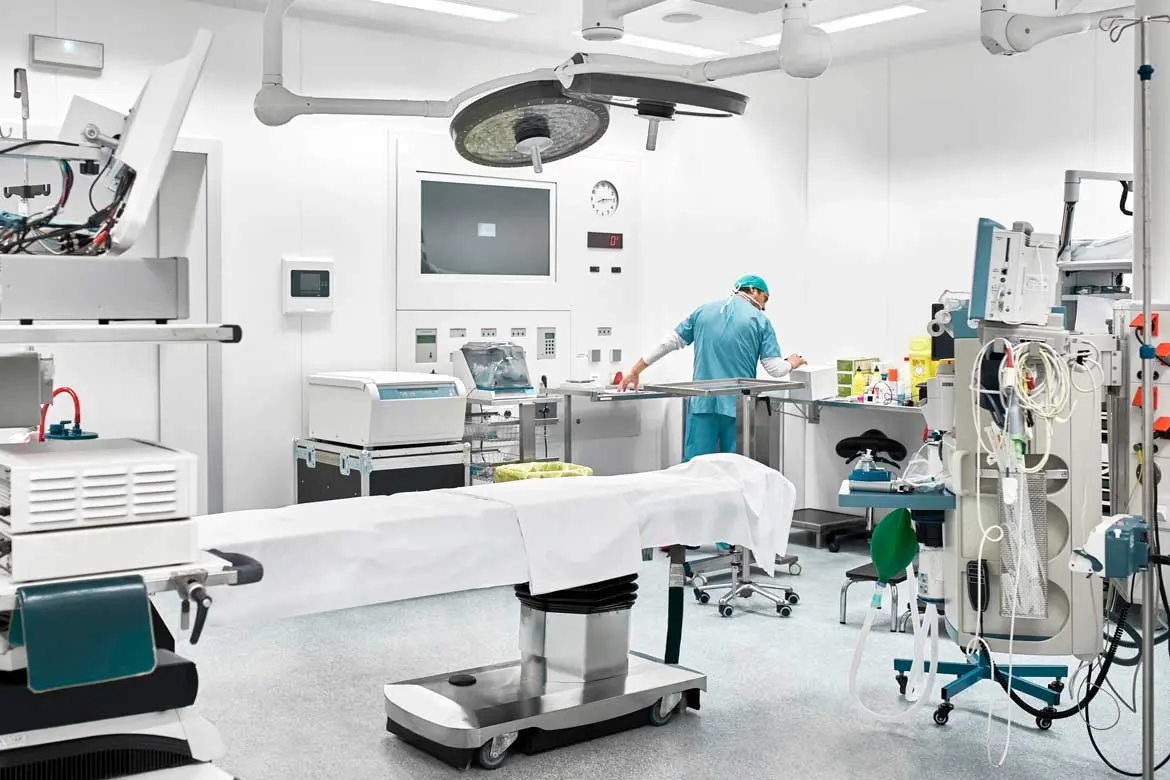You're probably familiar with the idea of traditional chemotherapy being used to treat cancer. It involves the use of strong chemicals to kill cancer cells. There are also various chemotherapy drugs available, and depending on the patient's condition, a doctor may choose to use a single drug or a combination of a few.
In patients with cancers that have spread to the peritoneum (abdominal lining), heated chemotherapy can be delivered to the abdominal cavity after surgery to act on this lining and potentially kill and eradicate the cancers cells on the peritoneum.
This heated chemotherapy is known as hyperthermic intraperitoneal chemotherapy (HIPEC) and is performed during the same surgical setting after the complete removal of all visible tumours/cancers. This surgery is known as cytoreductive surgery (CRS).
What is cytoreductive surgery (CRS) and HIPEC?
Cytoreductive surgery (CRS) is a surgical procedure referring to the complete removal of all visible tumours/cancers and is particularly useful for cancers of the appendix, colon and rectum and ovary that have spread to involve the peritoneum. Whilst CRS has enabled the removal of all visible tumours/ cancers, HIPEC is useful for addressing any microscopic cancer cells that may still exist within the abdominal cavity. This combined treatment has been shown to reduce the incidence of disease recurrence within the abdomen, leading to prolongation of survival and even cure in selected patients.
There are 2 stages to this combined treatment – CRS and HIPEC and both are performed whilst the patient is under general anaesthesia.
Stage 1 – Cytoreductive surgery (CRS)
- An incision will be made in the patient's abdomen
- The surgeon will then remove any visible cancerous tumours and diseased tissue
- CRS typically takes anywhere between 6 – 10 hours
Stage 2 – HIPEC procedure
This is carried out once all the visible diseased tissue and tumours are surgically removed.
- A perfusion machine will heat up the chemotherapy drugs
- The drugs will then pass through the patient's abdomen via catheters
- This typically takes 60 minutes and the patient is carefully monitored throughout the combined procedure
The duration of CRS and HIPEC is dependent on the extent of the disease, with total durations of surgeries being 4 – 16 hours. The more extensive the disease (i.e. involving more organs), the longer the surgery.
Once HIPEC is completed, the heated chemotherapy is drained out and the abdomen would be rinsed thoroughly and inspected. Bowel anastomoses (joining) would be performed and the surgery would be completed. Most patients would be monitored overnight in the high dependency or intensive care unit but the progression during to recovery is typically fairly rapid after the first 2 – 3 days and most patients are discharged within 7 – 10 days from the day of the CRS and HIPEC.
What types of cancers can CRS and HIPEC treat?
- Appendix tumours (pseudomyxoma peritonei or appendiceal cancer)
- Colorectal cancer
- Ovarian cancer
- Peritoneal cancer
- Peritoneal mesothelioma
- Stomach cancer
Are there any risks or complications in CRS and HIPEC?
The risks of CRS and HIPEC are dependent on the extent of the surgery but the major complications include breakdown of bowel anastomoses (joining) and bleeding. In experienced centres, the risk of major complications should be less than 10%.
Other complications include wounds, urinary and lung infections, and deep vein thrombosis, all of which are common to any major surgery.
What is the survival rate for CRS and HIPEC?
The survival after CRS and HIPEC is dependent on the original cancer origin and the completeness of the surgery. In experienced hands, long-term survivals of 80%, 30 – 40% and 50 – 60% can be obtained after complete CRS and HIPEC for appendiceal, colorectal and ovarian cancers.
According to data gathered from 20 studies, the median survival for patients receiving HIPEC surgery as a treatment for colorectal peritoneal metastases (CRPM) was 14.6 – 60.1 months. The systematic review of all the studies also concluded that HIPEC surgery was a safe treatment for CRPM, improving both median and disease-free survival.
HIPEC is an innovative method that has allowed patients with advanced cancers to get the treatment option they need, thereby giving them a second chance at prolonged survival and life.
To learn more about this advanced procedure, make an appointment with your specialist to discuss the benefits of HIPEC and to determine if it is the right treatment option for you.














